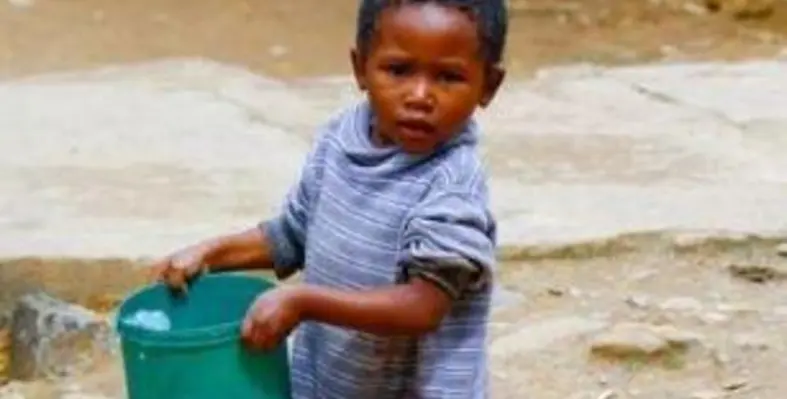The World Bank has endorsed a country partnership framework (CPF) for the period of 2022-2026 in support of stabilisation and development in the Democratic Republic of Congo (DRC)
This CPF will guide the bank group’s work for the next five years, supporting the DRC Government’s strategic priorities and critical governance reforms. The CPF places strong emphasis on human development, with a commitment to strengthening systems for improved access and quality of basic services, protecting DRC’s large rainforest – the second largest in the world, strengthening governance, and supporting ongoing stabilisation efforts.
The Government’s stabilisation efforts are a key pillar of this CPF. Investments will aim to reduce fragility and conflict through improved connectivity and access to basic services such as water and electricity and scaling up targeted social protection mechanisms. Stabilisation work will be undertaken with provincial authorities and focus on the most vulnerable, including refugees.
“The partnership will focus on developing human capital and the economy along two heavily populated corridors, one that runs from north to south along the Great Lakes region, and the other that runs West to East. These areas, which border the large forested area of the country, are the most fragile and have the highest concentration of poverty,” said Jean-Christophe Carret, World Bank country director for the Democratic Republic of Congo.
The approach to gender-based violence will focus on activities aimed at reducing such violence through behavior change, and continued access for survivors to a comprehensive package of interventions and support.
The CPF has a strong focus on improving governance. Efforts will aim to strengthen core public financial management functions at central and provincial levels to increase state effectiveness and help build robust oversight institutions that can fight corruption and increase accountability.














